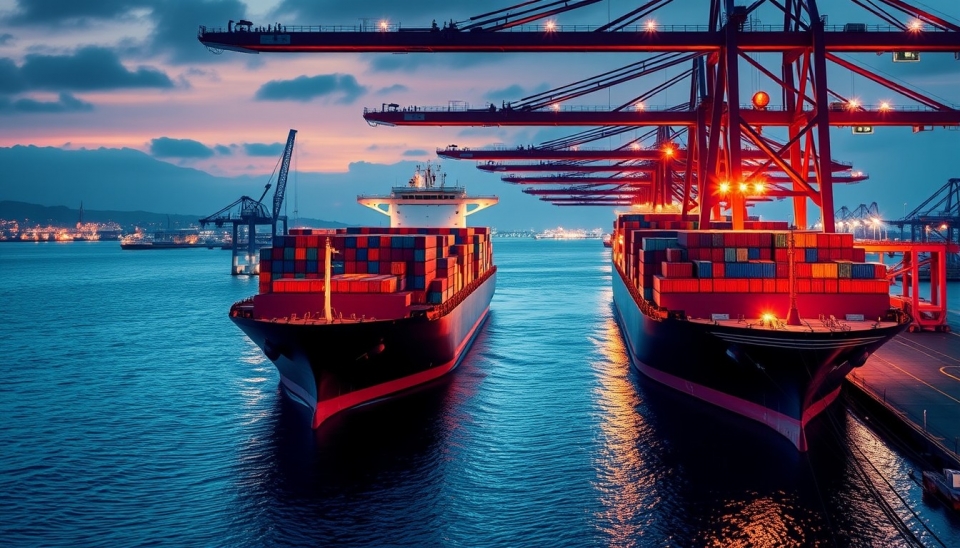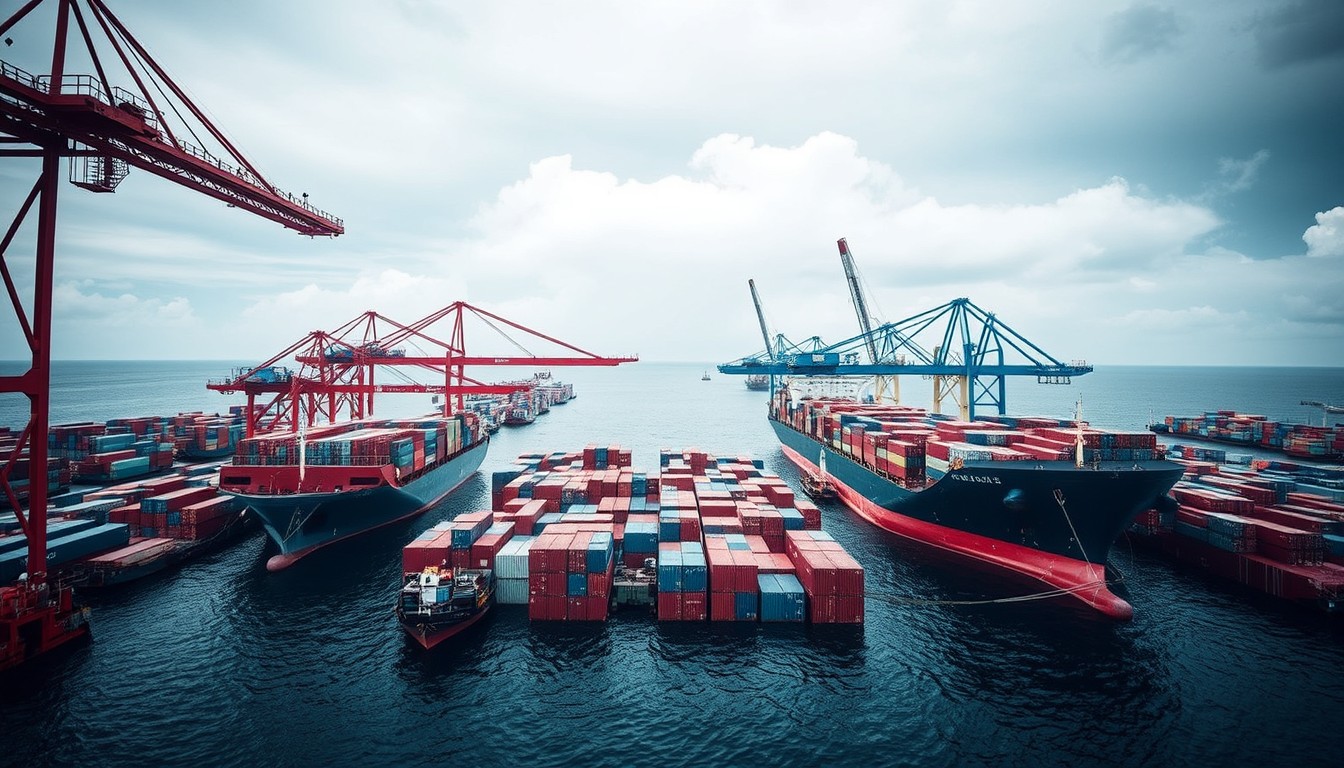Global Ports Face Challenges in Shipping Trade

In recent years, global trade and shipping have encountered a number of significant changes and difficulties. The shipping market has shown its vulnerability to economic and geopolitical shifts. These changes significantly impact the operations and infrastructure of ports, which in turn affects global supply chains.
The labor shortage in ports, which has been exacerbated by the pandemic, continues to be a pressing issue. This shortage leads to slower cargo processing and increased waiting times for unloading. Additionally, ports that fail to adapt to current demands face corporate risks, including reduced trade volumes and decreased customer satisfaction.
In the context of environmental regulations, ports must also consider requirements to reduce emissions and transition to cleaner technologies. These additional burdens place the responsibility of modernizing equipment and infrastructure on port owners and freight transport operators.
One key aspect affecting ports remains global trade wars. Increased tariffs and restrictions on specific goods impact cargo flows, requiring ports to be more flexible and adaptive to changing conditions. Additionally, various government initiatives aimed at stimulating domestic production may redistribute cargo flows, creating further challenges for ports.
Despite the difficulties, some ports, such as Hong Kong and Singapore, continue to demonstrate high levels of efficiency and service, making them important players in the market. Investments in technological innovations and automation are key factors contributing to their success.
Therefore, in light of global challenges, the shipping industry must adapt to new realities and implement strategies that enhance the resilience and competitiveness of ports in the long term.
#globaltrade #shipping #ports #economy #environment #globalchallenges #technology #innovation



